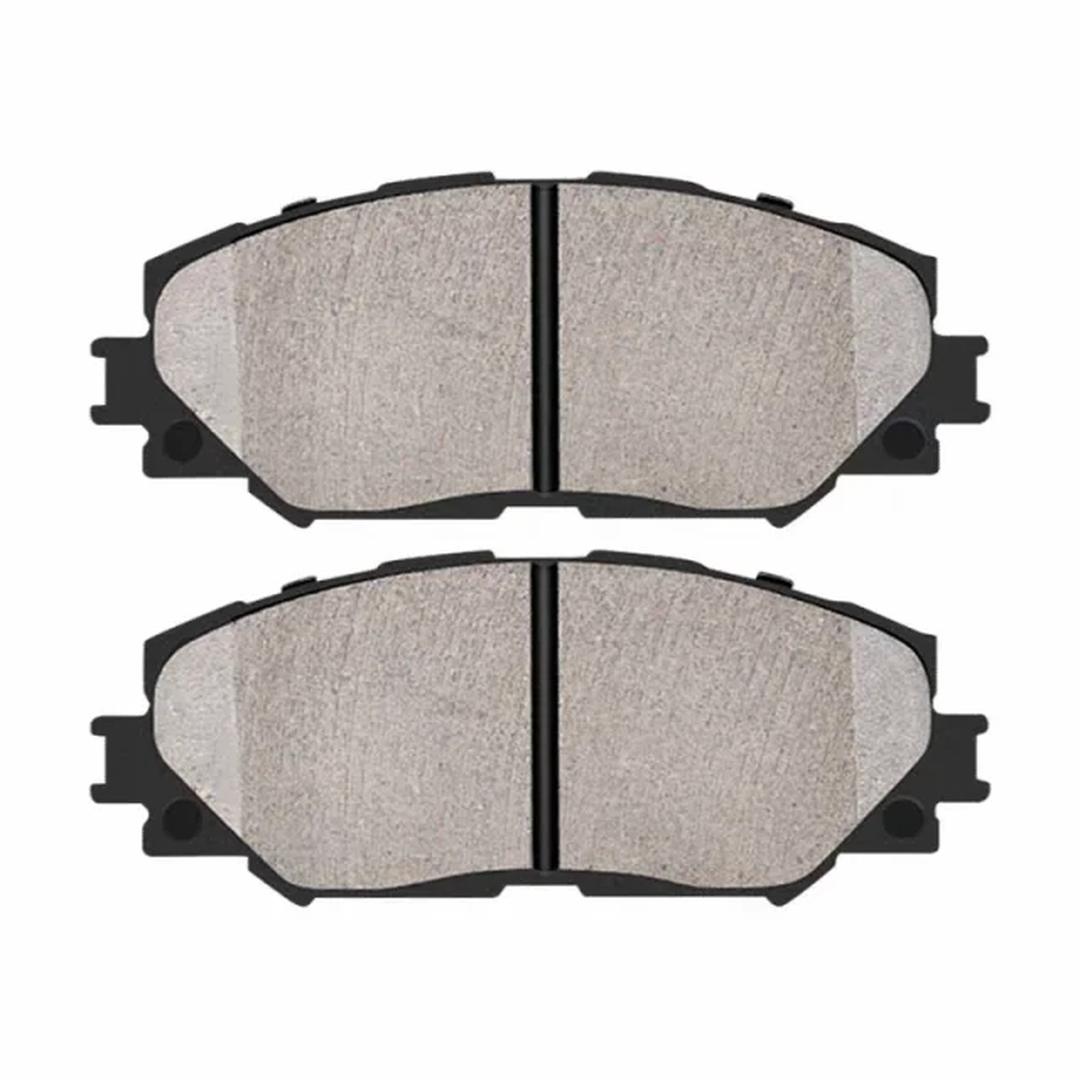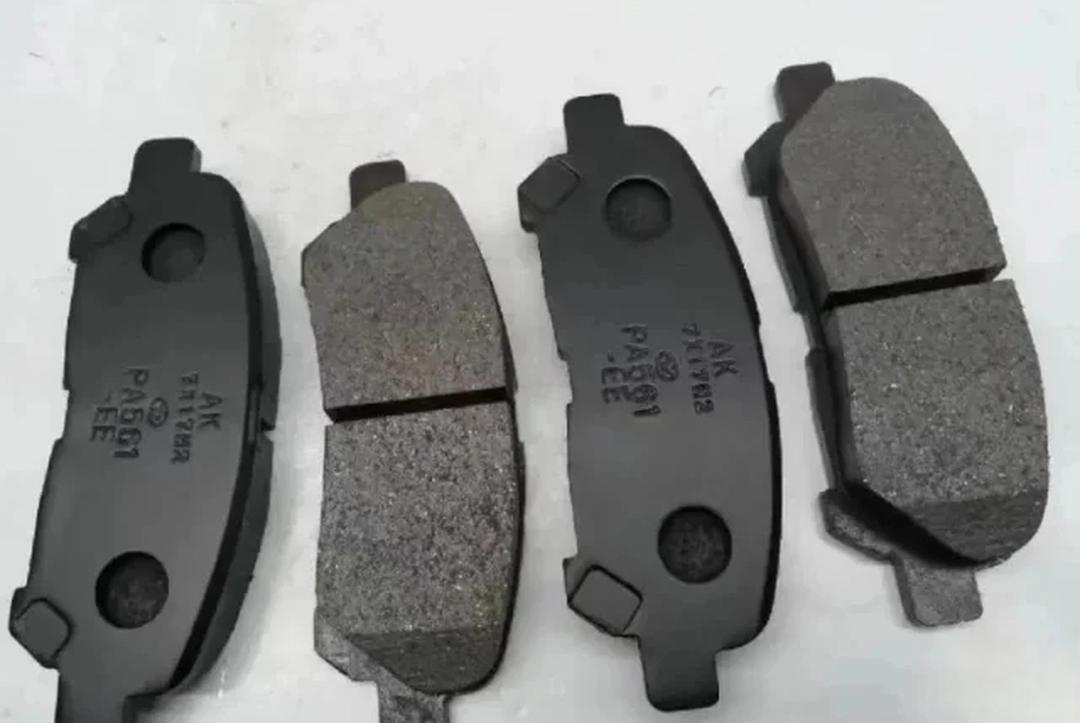Your vehicle's braking system is its most critical safety feature, and the brake pads are at the heart of it. A common question every driver eventually asks is, "How often do I need to change my brake pads?" The truth is, there's no single answer. The brake pad replacement cycle varies greatly depending on your driving habits, vehicle type, and environment. This comprehensive guide will help you understand when and why to replace your brake pads.

What is the Standard Brake Pad Replacement Cycle?
Unlike an oil change, there's no fixed mileage interval for brake pads. However, a general rule of thumb is that they need replacing every 30,000 to 70,000 miles.
- City Driving: Frequent stopping in city traffic will wear pads out much faster (closer to 30,000-40,000 miles).
- Highway Driving: Mostly highway commuting leads to less brake usage, potentially extending pad life to 60,000 miles or more.
- Performance Driving: Sporty driving or carrying heavy loads accelerates wear significantly.
- Vehicle Type: Larger, heavier vehicles like trucks and SUVs typically wear out pads faster than smaller sedans.
Ultimately, rather than relying solely on mileage, it's best to monitor the physical condition of your pads.

The Essential Brake Pad Thickness Standard
The most reliable way to determine if a change is needed is by measuring the material. A new brake pad is typically about 10-12 millimeters thick.
- The Rule: The universal brake pad thickness standard for replacement is 3 millimeters. Many mechanics recommend considering replacement once pads reach 4-5 mm for proactive safety.
- Critical Level: If your pads are at or below 3 mm, the metal backing plate is dangerously close to grinding against the brake rotor. This can cause severe damage and a catastrophic loss of braking power. Do not let them get this thin.
How to Check Brake Pads: Simple DIY Methods
You don't always need a mechanic for a basic inspection. Here’s a practical how to check brake pads guide:
- Visual Inspection Through the Wheel Spokes: On many alloy wheels, you can see the brake caliper and the pad inside. Use a flashlight to look at the pad material. If it looks very thin, it's time for a professional measurement.
- Listen for Warning Sounds: Most modern brake pads have a built-in wear indicator—a small metal shim that creates a high-pitched squealing or screeching sound when the pad is worn down. This is a primary brake noise cause related to wear.
- Check with a Gauge: If you're comfortable, remove the wheel and use a tire tread depth gauge or a simple ruler to measure the thickness of the pad material (not including the metal backing plate).
Common Brake Noise Causes and What They Mean
Hearing a strange sound from your brakes can be alarming. Not all noises mean you need new pads, but they should always be investigated. Here are the top brake noise causes:
- Squealing/Squeaking: This is often the wear indicator telling you pads are near the end of their life. It can also be caused by glazed pads or rotors, dust, or moisture.
- Grinding: A deep, metal-on-metal grinding or growling noise is a serious warning. This usually means the pad material is completely gone and the metal backing is scraping against the rotor. Immediate repair is crucial.
- Clicking: A clicking sound that changes with speed is often related to a loose component, like a caliper or a hardware clip, not the pad itself.
Recommended Brake Pad Brands for Your Vehicle
Choosing the right brand is key to performance and longevity. Here are some of the top recommended brands:
- OEM (Original Equipment Manufacturer): These are the exact pads that came with your car. They offer guaranteed compatibility and performance but are often the most expensive.
- Akebono: A leading OEM supplier known for its premium ceramic brake pads. They offer excellent stopping power, extremely low dust, and quiet operation.
- Bosch: A trusted global brand offering a wide range of reliable and affordable brake pads for nearly every vehicle, known for their quality and durability.
- Wagner: Another industry leader offering a comprehensive line of brake products, from everyday economic options to high-performance ThermoQuiet® pads.
- Power Stop: Specializes in performance and truck/SUV brake kits. They are a popular choice for drivers looking for enhanced braking performance for towing or spirited driving.
Conclusion: Safety First
Don't ignore your brakes. Paying attention to the brake pad replacement cycle, understanding the brake pad thickness standard, and knowing the common brake noise causes can save you from expensive repairs and, more importantly, keep you safe on the road. Whether you use our how to check brake pads guide or have a professional do it, regular inspection is the key. When it's time to buy, choosing from the recommended brands will ensure you get the quality and performance your vehicle deserves.





